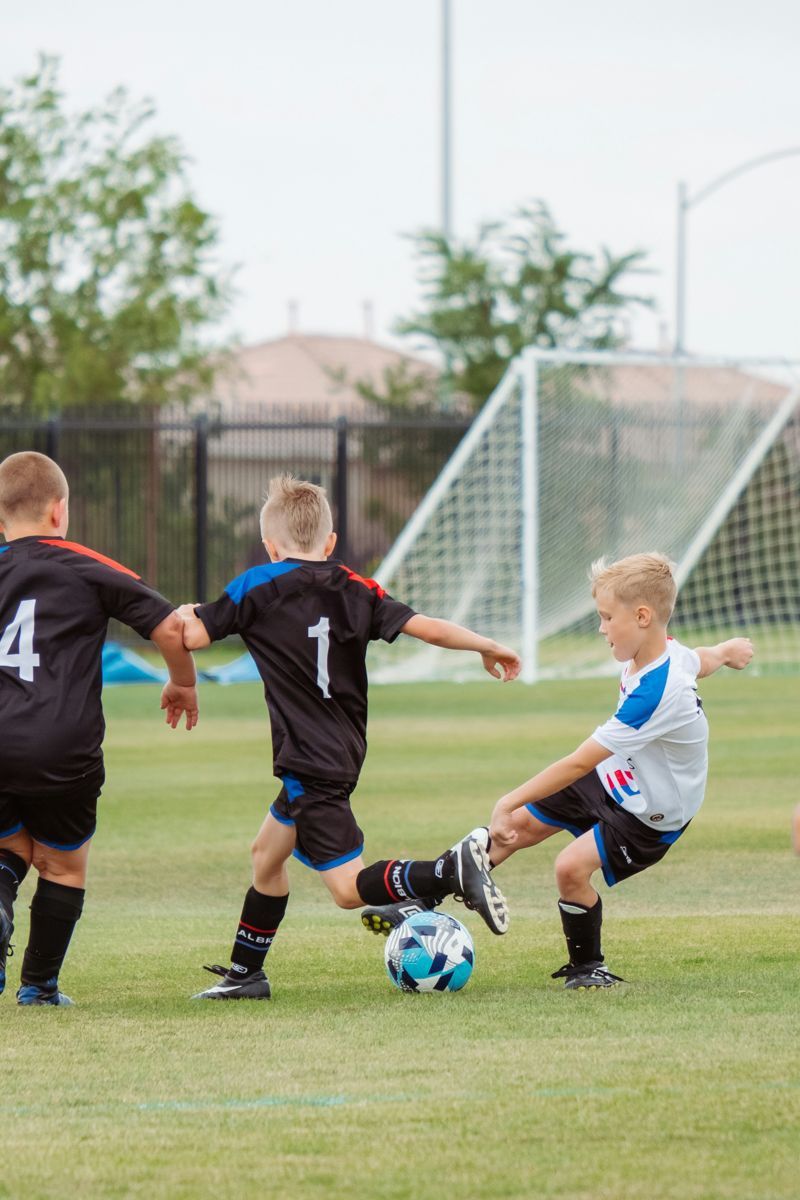KidsCan is a frontline charity tackling child poverty in Aotearoa New Zealand. Founder and CEO Julie Chapman, who is guest speaker at this year’s Zonta Ashburton International Women’s Day Breakfast, says more children than ever will need help with food and other essentials so they don’t miss out on learning this year.
It is a sobering truth that Julie Chapman sees little to celebrate 17 years after she first set up KidsCan from her garage in 2005. She had hoped we would have got on top of this country’s child poverty problem by now. Instead, the need just keeps on growing.
People congratulate me when I say that KidsCan is now supporting children with food and other essentials in over 1,000 schools and early childhood centres, but to me it just shows the huge increase in need over those years,’ says Julie. ‘The reality is that more and more children are living in hardship.’
It is a message she will be taking to Zonta Ashburton’s 27th International Women’s Day Breakfast in March. ‘Come along to hear what’s really going on in New Zealand with child poverty and the reasons behind it.’
KidsCan sends out more than five million items a year of food, clothing and health products, made possible by public donations and generous support from partners and sponsors. ‘It’s really simple stuff to address basic issues. We know that hungry children can’t concentrate. Neither can children who are cold and wet because they don’t have a warm jacket. Children without shoes aren’t able to participate in activities like their peers.’
Canterbury is the third biggest area that KidsCan supports outside of Tāmaki Makaurau Auckland and last year supplied food for breakfasts, morning teas and hot meals to a record number of schools in the region – 58 in total. Julie says more and more children are arriving at school without having had anything to eat. Last year, KidsCan helped feed around 2,900 schoolchildren a day in Canterbury, with that figure expected to climb still higher this year. Food distributed to schools includes tins of baked beans and fruit salad, soup, yoghurt and yoghurt makers, spreads, Tip Top bread and One Square Meal bars (Cookie Time).
KidsCan sends out more than five million items a year to help combat
child poverty.
As well as hot meals and snacks they provide items such as shoes and warm jackets, ensuring kids have the essentials they need. Since its inception in 2005 they have given out 525,000 jackets and
275,000 pairs of shoes. It is still
not enough.
KidsCan also provides items like warm jackets and shoes to children so they can participate fully in school. As well, the charity works with early childhood education centres, making sure young children in need have fresh food to eat each day.
Schools and early childhood centres that didn’t need help before are now asking for it. With inflation, high rents and rising interest rates eroding household budgets, there are now 42 schools across the country waiting for support from KidsCan.
‘In Canterbury, we know there are real pockets of deprivation where families are doing it tough. For me, this is about raising awareness of that and raising awareness on why it’s so important for children to be at school and have proper access to learning opportunities. This isn’t just a cost of living crisis – it’s also a cost of learning crisis for children who don’t go to school. We know some children are missing out on school because families will keep their kids home if they’re unable to provide food and clothing.
‘What we hear anecdotally from teachers is that food is the biggest issue for children in need and that’s even with the introduction of the government’s school lunch programme. There’s nothing in the cupboards at home. They don’t eat until they come to school and have their KidsCan food for breakfast or morning tea. These kids are in survival mode. From a neurological perspective, your brain doesn’t switch on until you have your nutritional needs met.’
KidsCan is also hearing more reports of students leaving school and getting jobs to help their parents. Or they are skipping school to look after younger siblings while their parents work all hours to keep their heads above water.
Julie urges people not to judge children and families living in hardship. In her 17 years at the helm of KidsCan, she has got to know hundreds of parents and students. ‘I know the majority of families are doing their best with what they have – it’s just that many parents simply don’t have enough money to meet all their costs.’
The KidsCan ethos is that education plays a key role in children’s future success and is a pathway out of poverty and hardship. Making sure all children have the essentials means they can go to school and take advantage of all the learning opportunities available.
‘We know this is a really difficult time and everyone is feeling the pinch, but every donation helps us to support students in real need. A great way to support us, if you can, is on a monthly basis. For $30 a month, you’re helping to provide a child with food, a pair of shoes, two pairs of socks, a warm jacket and health and hygiene items. Whatever you can afford, it all helps.’
Growing up on the North Shore and West Auckland, Julie inherited her big-hearted spirit from her parents. Her mother was very involved in her local church. ‘She was always one of the first people on the doorstep to welcome new families in the area.’ Julie says her father had a passion for protecting wildlife as a fish and game ranger. Helping other people – and animals – came naturally to her too.
At the Zonta Ashburton International Women’s Day Breakfast event, Julie will also be speaking about her other charity, Pet Refuge, which she founded five years ago. She set to work fundraising to build Aotearoa New Zealand’s first animal shelter dedicated to housing pets affected by family violence and this has now been open for 18 months. At the time of writing, Pet Refuge had helped 220 pets and families to escape family violence by looking after their pets and covering costs until they could be safely reunited with their owners. At any one time, the shelter is caring for around 40 or more pets and has been at capacity for the past six months, demonstrating the significant need there is for this unique service.
‘We take pets from all over New Zealand. Christchurch and the Canterbury region is our second biggest area of referrals for support,’ says Julie, who on the day of our interview is in the throes of responding to an emergency call about a dog needing shelter.
Julie is a tireless advocate for both of her charities. In 2008, she was recognised with a Sir Peter Blake Leadership Award and in 2013 was named Next magazine’s Woman of the Year. She has twice been named as a Kiwibank New Zealander of the Year finalist. It’s always gratifying to be recognised – especially when it raises awareness of your mission. But what Julie most wants is a truly significant reduction in child poverty in Aotearoa New Zealand.
For more from Julie Chapman get your ticket to the Zonta Ashburton International Women’s Day Breakfast being held 4 March 8.30 am – 11.00 am at Hotel Ashburton. Limited tickets available from Todd’s of Ashburton or message the Zonta Club of Ashburton via their Facebook page. Tickets $40 per person, including breakfast.
Recent stories



All Rights Reserved | CountryWide Media





